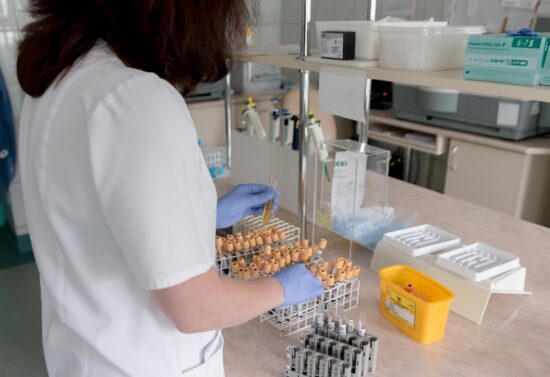Guidance note on the inclusion of activities for AMR surveillance and laboratory strengthening into Global Fund proposals
The WHO briefing note (October 2017) urges countries to integrate antimicrobial resistance (AMR) surveillance and laboratory strengthening into Global Fund proposals for HIV, TB, and malaria, as AMR increasingly undermines progress in these disease programmes. It highlights that resistant infections—responsible for an estimated 1.14 million deaths in 2021—disproportionately affect low- and middle-income countries where diagnostic and laboratory capacities are limited. The note outlines two priority investment areas: first, strengthening AMR surveillance through national systems, reference laboratories, quality assurance, data management, and genomic monitoring; and second, reinforcing diagnostic and laboratory networks for bacteriology and mycology, including infrastructure upgrades, external quality assessments, specimen referral systems, and biorepositories. WHO encourages countries to include these components in Global Fund grant applications, as such investments not only protect HIV, TB, and malaria programmes by improving detection and treatment of resistant infections but also enhance broader health system resilience and preparedness for emerging infectious threats.
AMR NEWS
Your Biweekly Source for Global AMR Insights!
Stay informed with the essential newsletter that brings together all the latest One Health news on antimicrobial resistance. Delivered straight to your inbox every two weeks, AMR NEWS provides a curated selection of international insights, key publications, and the latest updates in the fight against AMR.
Don’t miss out on staying ahead in the global AMR movement—subscribe now!






